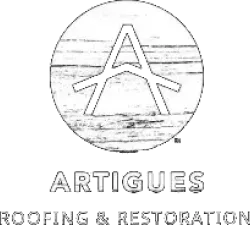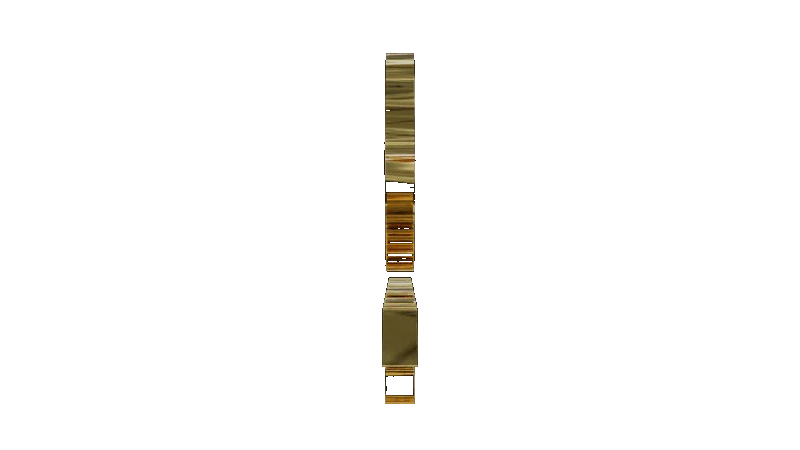
The Architectural Evolution and Roofing Practices of Summerville, South Carolina
Nestled in the heart of South Carolina's Lowcountry, Summerville is a town that blends rich history, cultural significance, and architectural diversity. Known as the “Flower Town in the Pines,” Summerville’s history dates back to the late 18th century, transitioning from a summer retreat for plantation owners to a thriving modern community. This article explores Summerville’s historical evolution, architectural styles, and modern roofing practices, highlighting the town’s commitment to preservation and sustainability.
Historical Background: The Evolution of Summerville
Summerville’s origins date back to the late 1700s when it served as a summer refuge for plantation owners seeking relief from the oppressive heat and malaria of the coastal lowlands. The cooler climate, paired with the town’s pine-scented air, made it a sought-after destination for those in search of respite from the humid Lowcountry summers. The town’s name, “Summerville,” reflects this seasonal migration.
The Antebellum Era and the Arrival of the Railroad:
During the antebellum period, Summerville began to establish itself as a permanent community. The arrival of the South Carolina Canal and Rail Road Company in the 1830s marked a significant turning point, attracting new settlers and promoting commerce. Summerville’s proximity to Charleston, combined with its natural beauty, made it a favored destination for both tourists and residents.
Post-Civil War Growth and the Pine Industry:
After the Civil War, Summerville experienced significant growth, largely due to the thriving timber and turpentine industries fueled by the abundant pine forests in the area. This period also saw the rise of the Summerville Chautauqua, an educational movement that turned the town into a cultural hub.
The Birthplace of Sweet Tea:
Summerville is often credited as the birthplace of sweet tea, a beverage that has become a staple of Southern culture. The town's annual Sweet Tea Festival celebrates this rich heritage, drawing visitors from all over the region.
Architectural Heritage: A Tapestry of Styles
Summerville’s architectural landscape reflects its historical evolution, blending styles from different eras while honoring the town’s unique character. The commitment to preserving the town’s heritage is evident in its well-maintained historic districts and structures.
Victorian and Queen Anne Styles:
The late 19th century saw the rise of Victorian and Queen Anne-style homes, which are marked by ornate detailing, asymmetrical facades, expansive porches, and intricate woodwork. These homes often feature vibrant colors and unique design elements such as turrets and decorative trim, contributing to Summerville’s picturesque streetscape.
Craftsman and Bungalow Styles:
In the early 20th century, the Craftsman and Bungalow styles became popular in Summerville. Characterized by low-pitched roofs, wide eaves, exposed rafters, and handcrafted details, these homes reflected the Arts and Crafts movement, which emphasized simplicity and natural materials.
Modern and Eclectic Designs:
Contemporary architecture in Summerville embraces a range of styles, from sleek, minimalist modern homes to eclectic designs that blend traditional elements with innovative features. This diversity in design reflects the town’s evolving identity and its residents’ varied tastes.
Roofing Practices and Environmental Considerations: Durability and Sustainability
The climate, historical styles, and modern sustainability trends influence roofing practices in Summerville. Roofing materials and techniques are critical for ensuring durability, energy efficiency, and aesthetic compatibility with the town’s architectural heritage.
Traditional Roofing Materials: Wooden Shingles and Slate
Historically, wooden shingles and slate were commonly used as roofing materials in Summerville. These materials offered durability and complemented the architectural styles of the time, creating a harmonious aesthetic with the surrounding environment.
Modern Roofing Solutions: Asphalt and Metal Roofing
Today, asphalt shingles are widely used due to their affordability, versatility, and ease of installation. However, metal roofing has also gained popularity due to its longevity, low maintenance, and ability to withstand high humidity and severe weather conditions, including the occasional storms Summerville experiences.
Sustainable Roofing Practices: Cool Roofs and Solar Panels
In recent years, Summerville has seen a growing emphasis on sustainable roofing. Homeowners are opting for materials and technologies that enhance energy efficiency and reduce environmental impact. Cool roofing technologies, which reflect more sunlight and absorb less heat, help to improve the energy efficiency of homes. Additionally, the integration of solar panels and green roofs aligns with the town’s sustainability goals.
Preservation and Community Planning: Maintaining the Town’s Charm
Summerville’s commitment to preserving its historical and architectural legacy is evident in its community planning efforts. The town’s historic districts, such as the Summerville Historic District, are protected by local ordinances that regulate alterations and new construction, ensuring that the historical integrity of the area is maintained.
Community Initiatives:
Events like the Flowertown Festival celebrate Summerville’s cultural and architectural heritage while promoting tourism and local economic development. These initiatives help the town retain its unique character amidst ongoing growth and modernization.
Roof Restoration and Modern Roofing Solutions: Embracing the Future
As Summerville continues to grow and evolve, many homeowners are opting for roof restoration services to maintain the historic charm of their homes while integrating modern roofing solutions. Whether restoring wooden shingles or transitioning to metal roofing, roofing contractors in Summerville specialize in preserving architectural authenticity while enhancing the durability and energy efficiency of homes.
Sustainable roofing practices such as solar panel installations and green roofs are becoming increasingly popular, allowing residents to reduce energy consumption and promote environmental stewardship.
Summerville—Where History Meets Innovation
Summerville, South Carolina, exemplifies the harmonious relationship between history, architecture, and modernity. From its early days as a summer retreat to its current status as a thriving community, the town’s evolution is reflected in its diverse architectural styles and roofing practices. Summerville’s commitment to preserving its heritage while embracing sustainability and innovation provides a model for other towns seeking to balance historical preservation with modern growth.
The town's roofing solutions—ranging from traditional wooden shingles to modern metal roofing and energy-efficient technologies—reflect its commitment to durability, sustainability, and architectural harmony. As Summerville moves into the future, it continues to honor its rich past while embracing the opportunities of a sustainable and vibrant community.
AREAS WE SERVICE
NEED ANY ROOFING HELP? CALL US NOW!
GET YOUR FREE QUOTE OR INSURANCE CLAIM ASSESSMENT
By submitting your information, you agree to start receiving notifications and promotional SMS from Artigues Roofing. You can reply "stop" at any time to unsubscribe. I agree with the privacy policy and terms and conditions.
AREAS WE SERVICE

Go Above & Beyond with
Artigues Roofing &
Restoration
SERVICES
COMPANY
GET IN TOUCH
Email: [email protected]
Address: 75 Port City, Landing Suite 110. Mount Pleasant, SC. 29464.
NEED ANY ROOFING HELP? CALL US NOW!
GET YOUR FREE QUOTE OR INSURANCE CLAIM ASSESSMENT
By submitting your information, you agree to start receiving notifications and promotional SMS from Artigues Roofing. You can reply "stop" at any time to unsubscribe. I agree with the privacy policy and terms and conditions.

Go Above & Beyond with
Artigues Roofing &
Restoration
SERVICES
COMPANY
GET IN TOUCH
Email: [email protected]
Address: 75 Port City, Landing Suite 110. Mount Pleasant, SC. 29464.





